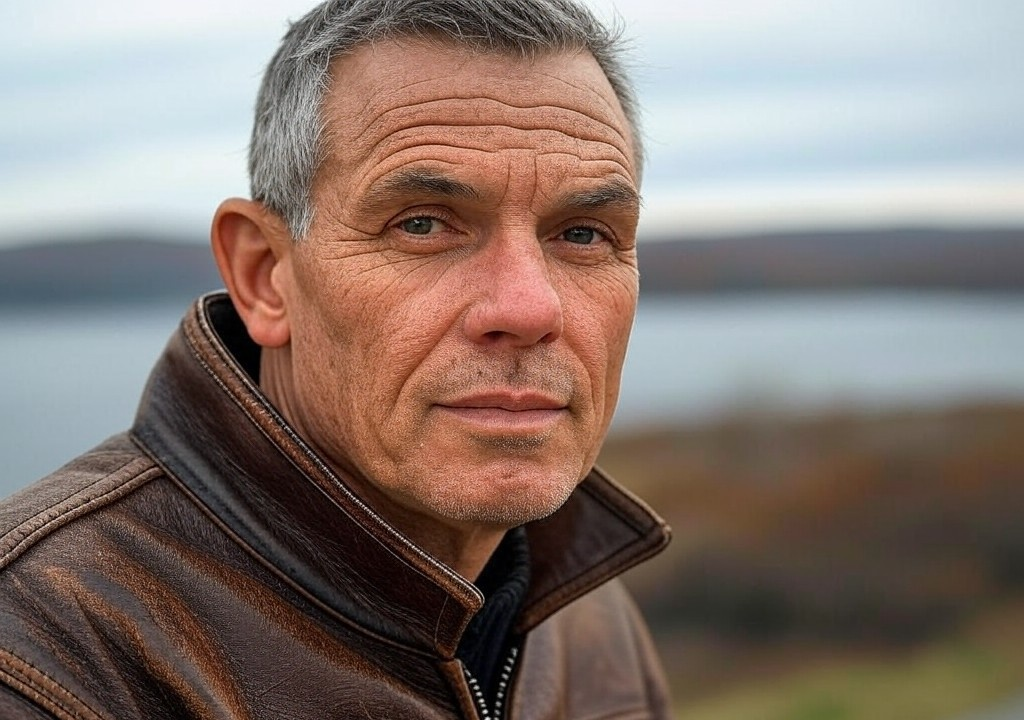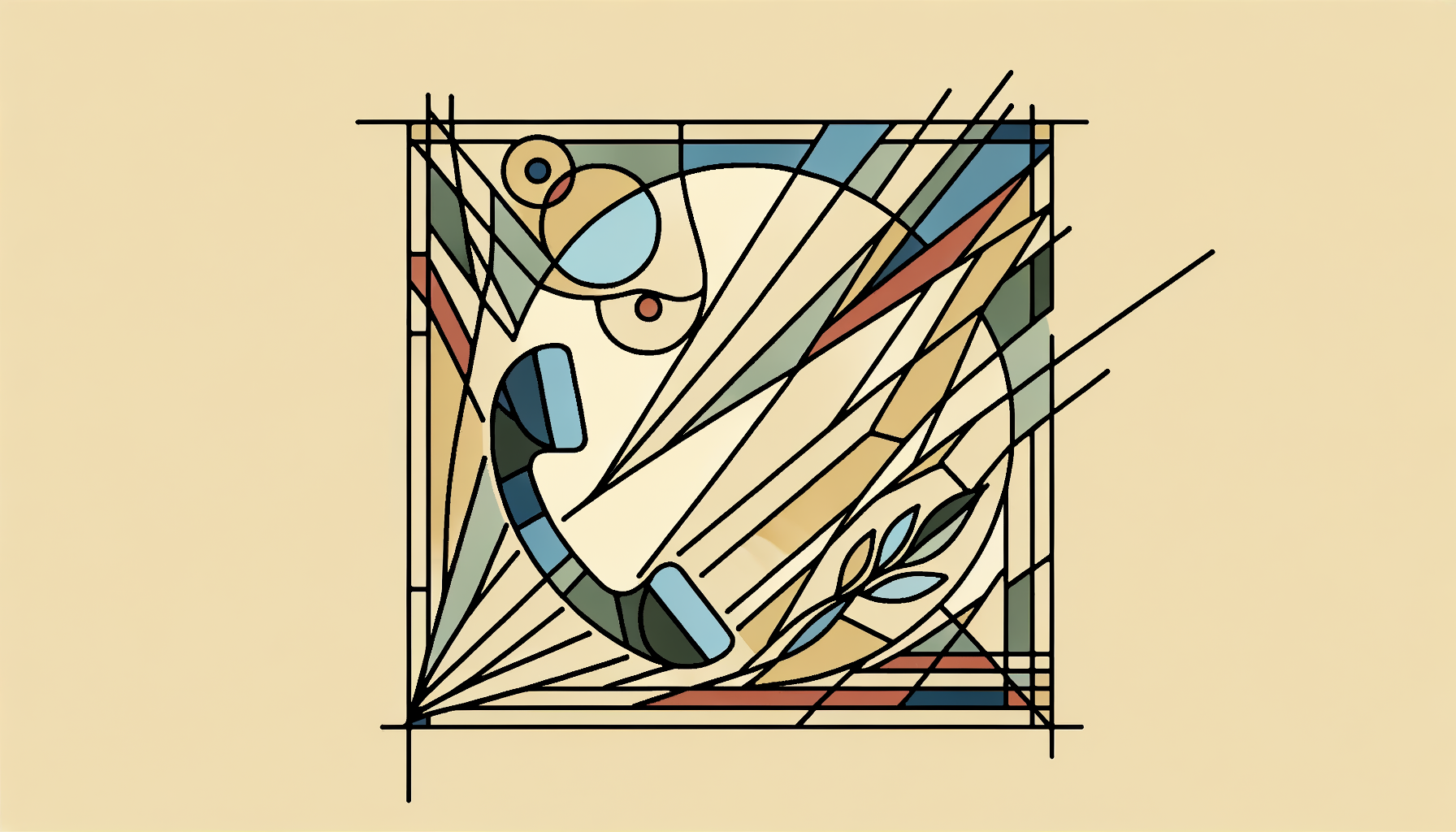It started with a ringside seat at “Jeopardy!”—just me, Alex Trebek, and a bowl of lukewarm chili. I don’t remember what category the question came from—likely something highbrow like “Potent Potables”—but I do remember the insistent vibration of my phone breaking through the hum of my gas heater.
The call that changed my life didn’t announce itself with fanfare. There was no symphonic swell or slow-motion dash to the receiver. Nope, it was just a number I didn’t recognize and me debating whether to let it ring out or risk yet another extended car warranty pitch. But something in my gut—likely courtesy of my mother’s upbringing that taught me to answer any phone call with the seriousness of a gubernatorial campaign—made me pick up that night.
Chapter One: From Coal Town to Curveballs
Growing up in West Virginia, life was an even mix of predictable rhythms and unexpected detours. Sundays meant church potlucks, weekdays meant hard work, and life’s biggest lessons came in the form of hand-me-down advice dispensed over cornbread and sweet tea. My parents worked tirelessly in the coal mines, their days marked by a clock-in, clock-out predictability. I figured my path would be the same—steady, if not exactly visionary.
But this call yanked me off the beaten path and onto terrain more unpredictable than a drunk raccoon let loose in downtown Charleston.
A woman on the other end introduced herself as a junior editor at some nameless California publishing house that had stumbled across one of my short stories about a coal miner’s daughter navigating life in a dying town. Suddenly, she was talking about “voice” and “layers of emotional subtlety”—fancy words I didn’t think could be applied to my work, which I generally described more modestly as “fiction about strange people in not-so-strange situations.”
You’d think getting such a call would immediately make me jump to my feet or maybe weep into my chili. Instead, I muttered something truly inspired like, “Oh,” followed by a high-pitched “Thank you.” What I didn’t say, but was definitely thinking, was, “Are you sure this isn’t a prank?”
Chapter Two: Love, Rejection, and the Leap of Faith
“I don’t think people write stories like this anymore,” she continued, and she was right—at least in theory. Most magazines wanted snarky, ironic think pieces about urban ennui or zippy memoirs about influencers’ dietary revelations. What I’d written was simple: a story about unspoken love and a handshake over an old oak fence, coated in heartbreak as subtle as early-morning frost.
Here’s the funny thing, though—sometimes the stories we tell are about ourselves even when we don’t realize it. Living in West Virginia, I’d learned resilience and grit firsthand. But I’d also learned to keep the cards of my heart close to the vest—not just in romantic relationships, but in all things. This phone call asked for a leap of faith, and faith wasn’t my go-to operating system. I’d gotten good at expecting rejection or being told to “stick with local pieces about coal and coal-adjacent things, son.”
But what if, for once, I didn’t brace myself for disappointment? What if the same advice I tried to follow in love—be open to possibility—could apply here, too?
When she asked if I had other stories to share, I knew I had a choice: play it cool or try my luck. Spoiler alert: I panicked and emailed her three stories before we even hung up.
Chapter Three: When One Call Changes Everything
From that phone call onward, my life's trajectory swerved in ways I couldn’t have outlined even if you’d handed me a map and clear directions. Within weeks, I was sitting on a rickety folding chair at a divey tech café in Charleston, arguing with spotty Wi-Fi, trying to format a manuscript for submission. Within months, I was packing up my car and bidding farewell to the Appalachian hills to chase writing opportunities in Los Angeles.
And can I just say stepping off a Greyhound bus in downtown L.A. was like falling down the rabbit hole? West Virginia instilled certain survival skills: you could hand me a possum problem, a leaking roof, or a tractor in critical condition, and I’d handle it like an unbothered pro. But in L.A., I couldn’t even figure out how to get a decent taco without Google reviews steering me wrong (and folks from Maine to Montana know a bad taco isn’t just disappointing—it’s existential). Still, through time, trial, and plenty of wrong-direction-exits on Sunset Boulevard, I found my footing.
Chapter Four: Taking Risks in Life (and Love)
Looking back, that call wasn’t just a career pivot—it reprogrammed how I approach life, love, everything. For so long, I thought success required shrinking or toughening up. West Virginia had given me strong bones and cautious optimism, both great for surviving hard labor or heartbreak, but not exactly tools for writing novels—or dating.
Coincidentally, my first real relationship after moving to California came just as unexpectedly as that call. The thing about personal connections is that they’re messy—they don’t care how polished your profile or manuscript is; they exist to poke holes in whatever tough shell you've crafted for yourself. We didn’t survive long-term, but my partner taught me what my editor’s phone call had also hinted at: sometimes we’re too busy bracing for failure to leave room for overwhelming joy.
After all, flirting is nothing more than emotional curiosity being given permission to breathe. That call planted curiosity in me too—about what my life could mean when viewed as an opportunity, not an obligation.
Chapter Five: What to Do When the Call Comes (Metaphorically or Not)
Here’s the truth: those make-or-break moments in life rarely have disclaimers. The stakes might be like a blockbuster movie, but the packaging is always deceptively mundane. A text message, a meeting serendipitously extended by two minutes, or a random conversation in the library stacks—these things shift where you land next.
So, when your phone rings—and whether it’s literal or just the symbolic universe knocking your sense of control sideways—here’s what I’d tell you:
- Answer It Anyway: Missed moments often hide in hesitation. The odds of magic are slim, sure, but unless that number’s threatening to bankrupt you for unpaid medical debt, answer the phone.
- Look Past Clunky Introductions: Not everything worth pursuing announces itself smoothly. An OK greeting might still lead to the conversation of your life.
- Embrace Risk (Even If It Looks Like Chaos): Fear’s a noisy liar. Learning to trust what feels uncertain—whether that’s sending a story to a publisher or admitting you like someone first—is where the good stuff hides.
Looking back, I realize life rarely shakes you awake with perfectly orchestrated music. It’s more of a DIY moment—something you cobble together like patchwork. My life changed one ordinary night next to that stubborn heater and half-eaten chili bowl. And any time I think about what I might’ve missed had I let the call go to voicemail? Yeah, I answer every call now.
Because you never know who—or what—might be on the line.




















